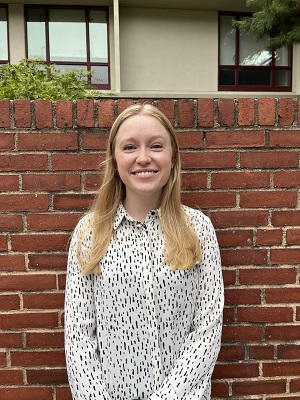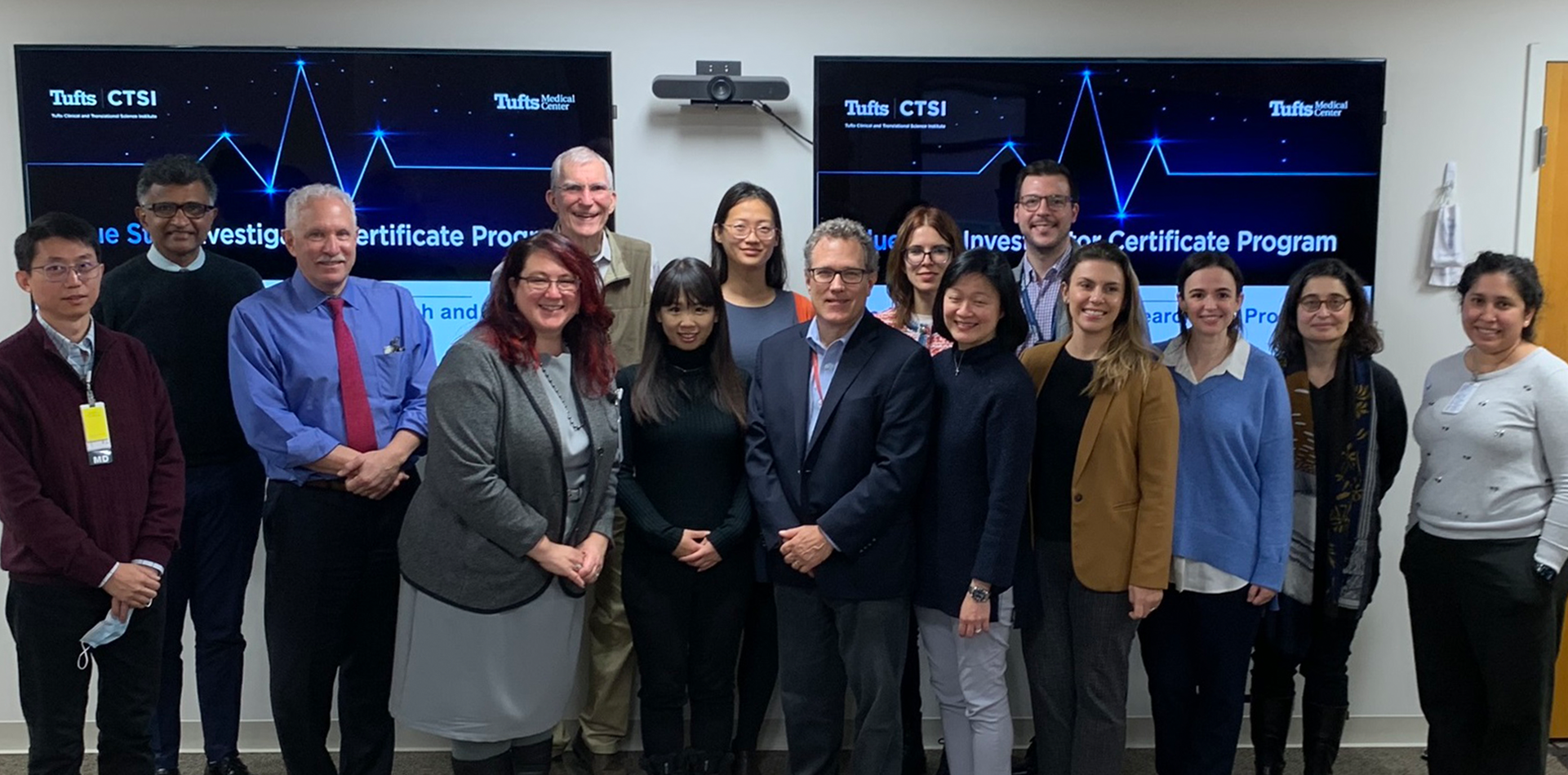2023
PI: Karen Chenausky, PhD, CCC-SLP, Assistant Professor, Department of Communications Sciences and Disorders and Director, Speech in Autism and Neurodevelopmental Disorders (SPAN) Laboratory, MGH Institute of Health Professions
Co-I: Simone Gill, PhD, PhD, OT, OTR, FAOTA, Associate Professor, Department of Occupational Therapy and Director, Motor Development Laboratory, School of Medicine, Boston University
Title: Validation of a Remote Speech/Motor Assessment Protocol for Neurodevelopmental Disorders
PI: Leanne Chukoskie, PhD, Department of Physical Therapy, Movement and Rehabilitation Sciences, Bouvé College of Health Sciences, Northeastern University
Co-Is: Matthew Goodwin, PhD, Associate Professor, Department of Health Sciences, Bouvé College of Health Sciences and Khoury College of Computer and Information Science, Northeastern University ; Meryl Alper, PhD, Associate Professor, Department of Communication Studies, College of Arts, Media, and Design, Northeastern University; Kimberly Ho, PhD, Visiting Assistant Clinical Professor, Bouvé College of Health Sciences, Northeastern University
Title: Collaborating with the Autism Community to Develop Novel AAC/SGD Access Methods for Individuals with Little or No Functional Speech
PI: Abigail Koppes, PhD, Associate Professor, Department of Chemical Engineering, College of Engineering, Northeastern University
Co-PIs: Ryan Koppes, PhD, Assistant Professor, Department of Chemical Engineering, College of Engineering, Northeastern University; Laura Lewis, PhD, Distinguished University and Cabot Professor, Department of Chemical Engineering, Department of Mechanical and Industrial Engineering, Northeastern University
Title: Next-Generation Nerve Repair: Combined Magnetic and Topographic Cues for Highly Directed Neurite Outgrowth
PI: Benjamin Stern, DPT, Assistant Professor, Department of Public Health and Community Medicine, School of Medicine, Tufts University
Co-Is: Ethan Deyle, PhD, Research Assistant Professor, Department of Biology, Boston University; Ying-Cheng Lai, PhD, Regents Professor, School of Electrical, Computer and Energy Engineering, Arizona State University
Title: Empirical Dynamic Modeling: A Path to Predicting Health Outcomes with Limited Data
PI: Alysse Wurcel, MD, Associate Professor and Attending Physician, Department of Geographic Medicine and Infectious Diseases, Tufts Medical Center
Title: Does Natural Language Processing Improve Identification of Hospitalized People Who Use Drugs?



